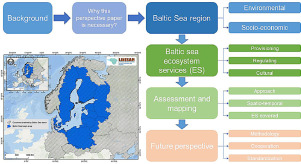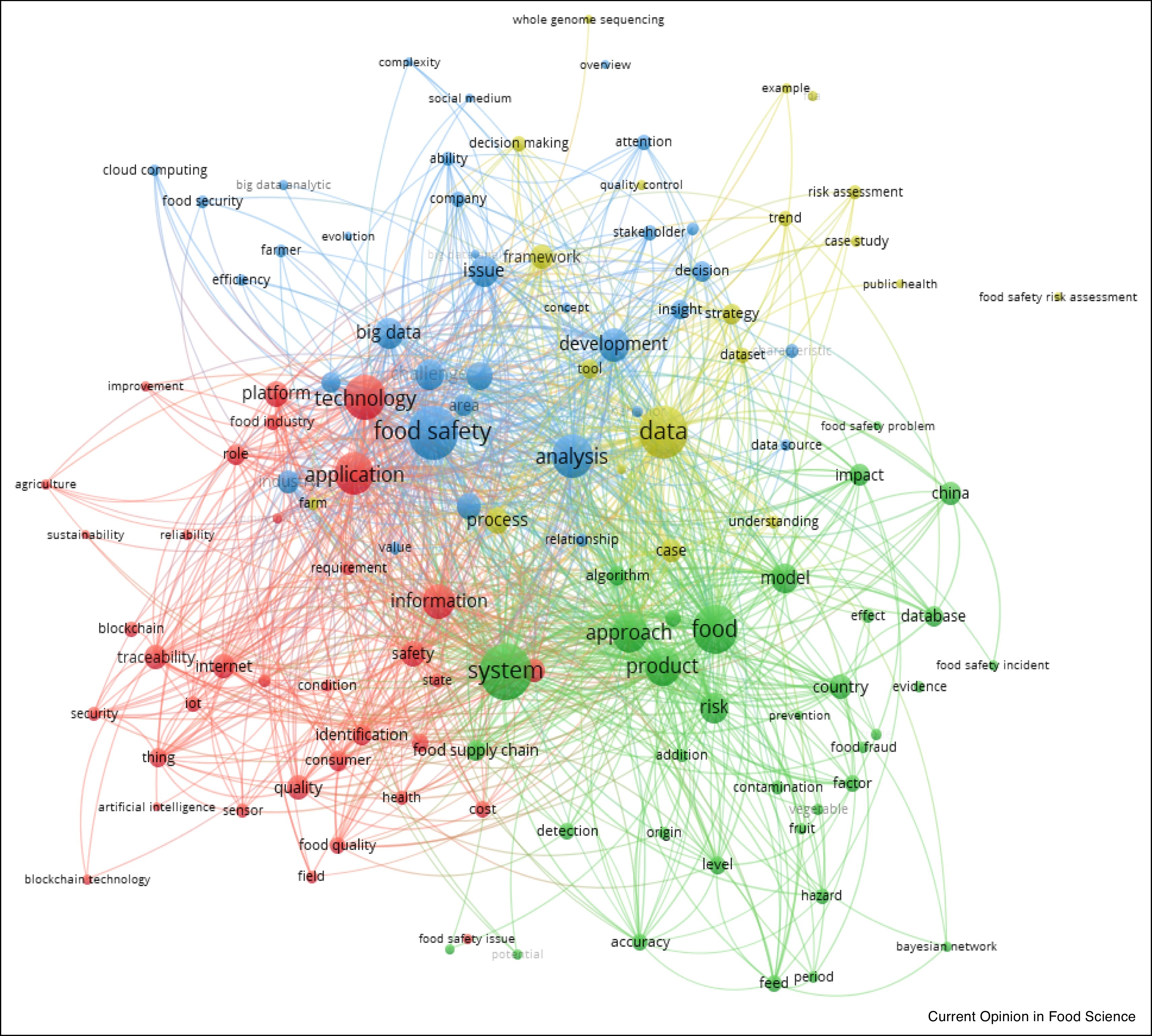Agriculture, Ecosystems and Environment, Volume 304, 1 December 2020
Agroecosystems make up a significant portion of terrestrial ecosystems and receive a disproportionally high amount of terrestrial nitrogen inputs from fertilizer, leading to nitrogen loss and associated environmental problems. Integrated crop livestock systems, such as pasture-integrated crop rotations, may be more environmentally sustainable however the long-term effects of this management practice on soil microorganisms and nitrogen transformations are not well understood.


